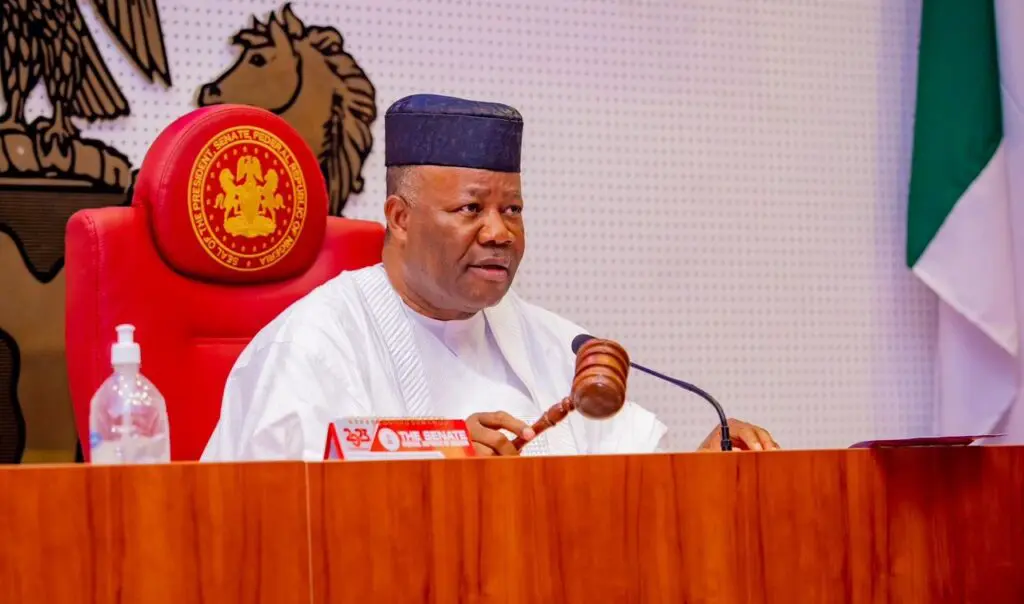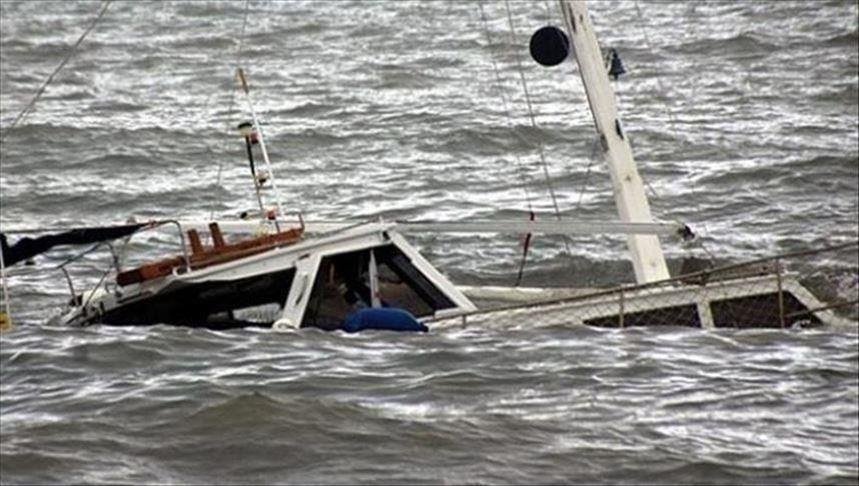Korede Abdullah in Lagos
The Nigerian Senate has officially approved the State of Emergency in Rivers State as declared by President Bola Tinubu.
This decision follows months of escalating political tension in the state, marked by intense conflicts between Governor Sim Fubara and factions within the state legislature.
The crisis deepened after a series of legislative and executive disputes, including the defection of some lawmakers and the controversial recognition of parallel assemblies.
Amid fears of a breakdown of law and order, President Tinubu invoked his constitutional powers to impose emergency rule.
Following a closed-door session, the Senate also approved a six-month suspension of Governor Sim Fubara, his deputy, and all elected members of the Rivers State House of Assembly.
The move, aimed at restoring stability, was first approved by the House of Representatives through a voice vote before reaching the Senate. Lawmakers deliberated on reports of growing unrest, allegations of executive overreach, and concerns over governance paralysis.
Security agencies had warned of possible violent clashes between rival political groups, further justifying the emergency declaration.
Despite widespread condemnation from civil society groups, opposition parties, and legal experts, both legislative chambers endorsed the emergency rule on Thursday.
Critics argue that the decision undermines democracy and could set a dangerous precedent for resolving political disputes. However, supporters of the move insist that urgent intervention was necessary to prevent anarchy in Rivers State.
As the emergency rule takes effect, questions remain about how governance will be managed in the absence of elected officials and whether this decision will truly restore peace or further deepen the crisis.



